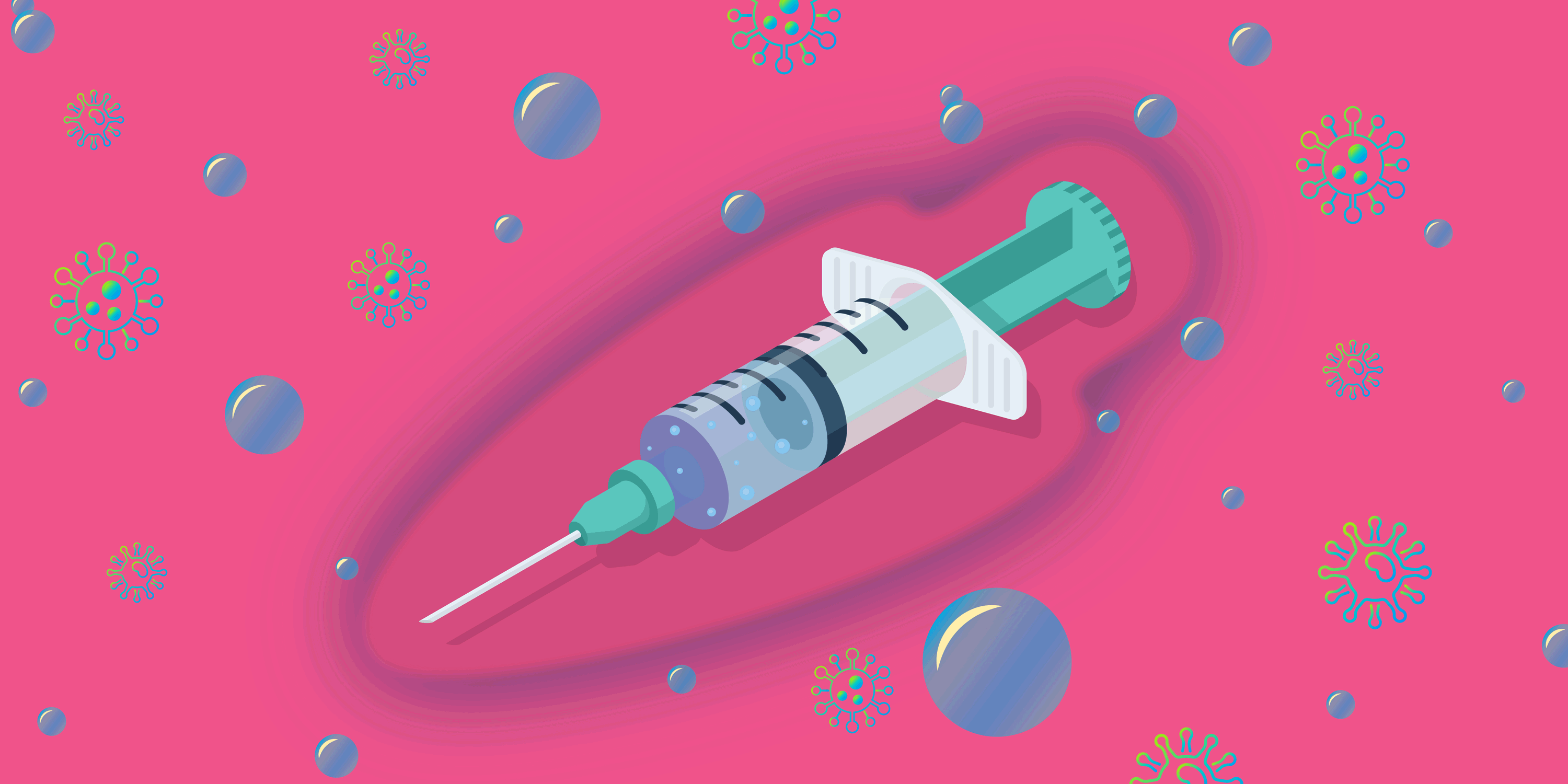COVID-19 Vaccination: A Protective Shield Against Long COVID?

Table of Contents
The Link Between COVID-19 Infection and Long COVID
Long COVID, also known as post-COVID-19 condition, encompasses a wide range of persistent symptoms that can emerge after a COVID-19 infection, even in individuals with mild initial symptoms. These symptoms can be incredibly diverse, including fatigue, brain fog ("covid fog"), shortness of breath, chest pain, heart palpitations, loss of smell or taste (anosmia/ageusia), and neurological issues. The prevalence of Long COVID is substantial, placing a significant burden on individuals and healthcare systems globally. While the exact mechanisms driving Long COVID remain uncertain, ongoing research suggests several possibilities, including persistent viral replication, immune system dysfunction, and the impact of inflammation on various organs.
- Symptoms can persist for months or even years, significantly impacting quality of life.
- Long COVID affects individuals differently, with symptom severity varying greatly.
- The condition places a significant burden on healthcare systems due to increased demand for medical services and long-term care.
- Ongoing research is crucial to unravel the underlying causes and develop effective treatments for Long COVID.
COVID-19 Vaccination and Reduced Risk of Long COVID
Numerous studies have demonstrated a correlation between COVID-19 vaccination and a significantly lower risk of developing Long COVID. Vaccination appears to offer protection by reducing the severity and duration of the initial COVID-19 infection. By limiting the viral load—the amount of virus in the body—vaccination likely minimizes the damage to the body's systems, thereby reducing the likelihood of persistent symptoms. This protective effect is further enhanced by complete vaccination schedules, including booster shots, which provide an additional layer of defense against severe illness and the subsequent risk of Long COVID.
- Multiple peer-reviewed studies show a substantially reduced risk of Long COVID in vaccinated individuals compared to unvaccinated individuals.
- Vaccination likely minimizes viral replication and inflammation, reducing the potential for persistent symptoms.
- Boosters significantly enhance protection against severe COVID-19 and the subsequent development of Long COVID. Staying up-to-date on recommended vaccinations is crucial.
- Emerging data suggests that the type of vaccine may influence the level of protection against specific Long COVID symptoms, but further research is needed in this area. (Note: Specific studies should be cited here).
Specific Vaccine Effectiveness Against Long COVID Symptoms
While the overall protective effect of COVID-19 vaccination against Long COVID is evident, research is ongoing to determine the specific impact on individual symptoms. Some studies suggest certain vaccines might offer better protection against particular symptoms, such as fatigue or brain fog, compared to others. However, the overall consensus remains that vaccination significantly reduces the overall risk of experiencing a wide array of Long COVID symptoms. Direct comparisons of vaccine effectiveness against specific Long COVID symptoms are crucial for informing public health strategies.
- Preliminary evidence suggests variations in vaccine effectiveness against specific Long COVID symptoms.
- Ongoing research is actively investigating the nuances of vaccine effectiveness across the diverse spectrum of Long COVID symptoms.
- Comparisons between vaccinated and unvaccinated individuals consistently demonstrate a reduced risk of Long COVID across various symptoms in vaccinated groups.
Other Protective Measures Beyond Vaccination
While COVID-19 vaccination is a crucial preventative measure, it's essential to adopt a multi-faceted approach to minimizing the risk of Long COVID. A healthy lifestyle plays a pivotal role in supporting the immune system and overall resilience. This includes maintaining a balanced diet, regular exercise, sufficient sleep, and managing stress effectively. Furthermore, early treatment of COVID-19 symptoms can help reduce the severity and duration of the infection, thus lowering the likelihood of developing Long COVID. Access to prompt and appropriate medical care is paramount. Public health measures, such as masking and social distancing, when necessary, continue to be important strategies in reducing infection rates.
- A healthy lifestyle, including balanced nutrition, regular exercise, and adequate sleep, is essential for immune support.
- Early medical attention for COVID-19 symptoms can help manage the infection and potentially mitigate the risk of Long COVID.
- Public health measures such as masking and social distancing can significantly reduce COVID-19 transmission rates.
Conclusion
The evidence strongly supports the protective role of COVID-19 vaccination against Long COVID. Complete vaccination, including booster shots, remains a crucial strategy to mitigate the risk of this debilitating condition. By reducing the severity and duration of initial infection, vaccination helps minimize the chances of developing persistent symptoms. While other preventative measures, such as healthy lifestyle choices and early medical attention, are also important, COVID-19 vaccination stands as a cornerstone of protection. Protect yourself from the long-term consequences of COVID-19. Get vaccinated today and continue to follow public health guidelines to minimize your risk of Long COVID and contribute to community health.

Featured Posts
-
 Mbappe Lidera El Triunfo Del Real Madrid Ante El Celta La Carrera Por El Campeonato Se Intensifica
May 29, 2025
Mbappe Lidera El Triunfo Del Real Madrid Ante El Celta La Carrera Por El Campeonato Se Intensifica
May 29, 2025 -
 Shock Win For Valencia Mamardashvilis Crucial Role Against Real Madrid
May 29, 2025
Shock Win For Valencia Mamardashvilis Crucial Role Against Real Madrid
May 29, 2025 -
 Stranger Things Season 5 Sadie Sink Reveals Production Challenges And Character Arc Hints
May 29, 2025
Stranger Things Season 5 Sadie Sink Reveals Production Challenges And Character Arc Hints
May 29, 2025 -
 Debate Flares Over Antisemitism At Queensland Music Awards Ceremony
May 29, 2025
Debate Flares Over Antisemitism At Queensland Music Awards Ceremony
May 29, 2025 -
 A Malcolm In The Middle Reboot Bryan Cranston Explains The Changes
May 29, 2025
A Malcolm In The Middle Reboot Bryan Cranston Explains The Changes
May 29, 2025
